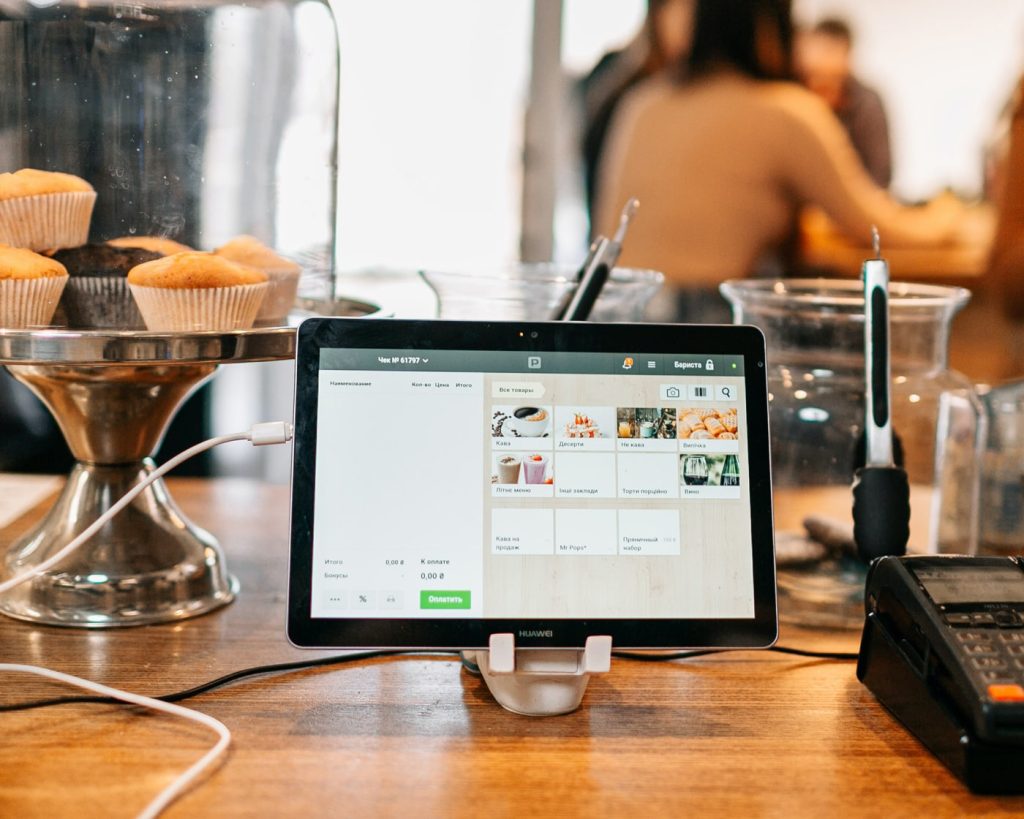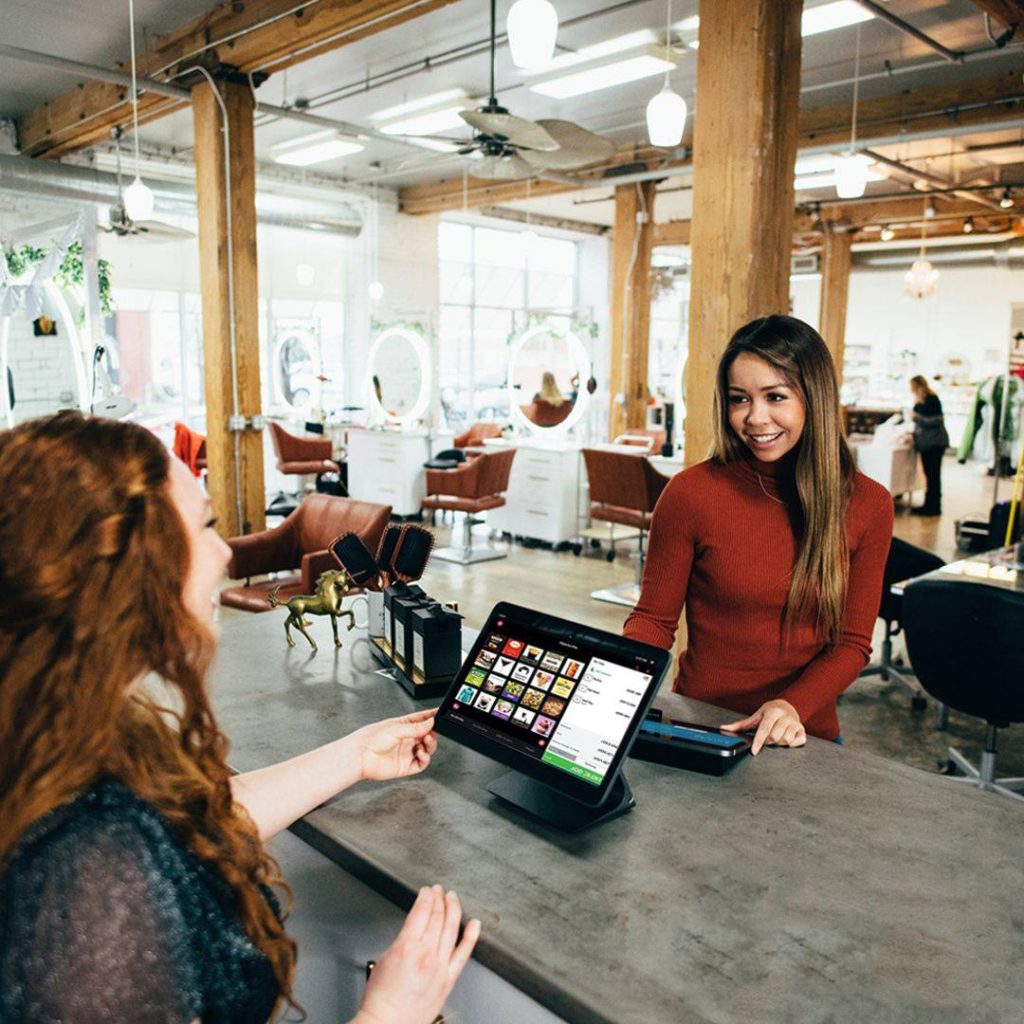Many retailers put a lot of their time, focus, and resources into finding ways to generate more sales.
After all, more sales means more revenues. And more revenues provide more opportunity for future business growth.
But what about the actual process for making those sales? What about the transaction itself?
While it’s important to drive new customers to purchase products (and keep existing customers loyal and coming back again and again), retailers can’t neglect the systems and processes that physically allow for sales to happen.
This is where the right retail POS, or point of sale systems, comes into play. The best POS systems allow you to not only actually conduct sales transactions, but also handle a number of other activities around that sale from inventory management to returns and exchanges to tracking customer behavior.
With so many solutions available to retailers, finding the best and the right point of sale system for your business can feel challenging. And that’s why we put together this step-by-step guide that will take you through the entire process, from research to testing to decision-making.
Ready to get started? First, you need to follow a bit of timeless advice: know thyself. (Or, in this case, your business and how you sell).
Understand Your Own Needs and Wants First
There’s more than one retail POS system out there, and comparing them before you understand what your needs are can leave you feeling overwhelmed and confused.
There are countless features, benefits, bells and whistles, and so much else. If you leave it up to the provider to sell you on their system, you may end up with a POS that’s shiny and new — and does nothing that your specific needs demand.
That means you need to know how to evaluate what you actually need. Consider these important functions, and how you as a retailer incorporate each into your business:
Inventory Management
Sell products? You need to watch inventory closely to keep shelves stocked. Point of sale systems should help you manage this by keeping numbers and data up to date with every single transaction.
Customer Management
In addition to managing your product, you may want to keep an eye on customer activity, too. Some retail POS systems can help you manage loyalty programs. Depending on the data they collect, they can also give you insights on specific customer behaviors that help you determine the most effective discounts or sales to offer next.
Hardware Needs
The POS system starts with the software. But what kind of hardware will you run it from?
Smaller retailers operating out of shared space, markets, or another mobile and flexible kind of shop may only need a tablet and a card reader that integrates with a cloud-based POS system. Larger stores with more traditional checkout counter layouts need more hardware including terminals, receipt printers, traditional (rather than mobile) card readers, and potentially more.
Look at what hardware you already have and what you might like to purchase in the future. Then consider how a POS system needs to work within that system.
You also want to think about what kind of business you are today and what you might want to become tomorrow. Retailers should focus on POS systems that were designed for that business type — not a POS that was designed for a food truck operator or an event ticket vendor.
TRY TABsense: Want to give TABsense point of sale systems a test run?
Start a free TABsense trial NOW.
What Robust, Capable Point of Sale Systems Should Do
It’s important to know what your specific business needs. After all, everyone operates a little differently and your plans for your company are likely as unique as the products you sell.
So it Easy to Use?
As important as your retail POS is, you have plenty of other things to manually fix, tinker with, and adjust. Your POS should be simple enough to use that you don’t need to consult a manual every other day just to keep it up and running.
Is the Pricing Simple, Straightforward, and Transparent?
If a POS doesn’t clearly and plainly state how much it will cost you to use, be wary. You and your business deserve better than a system that will trip you up with hidden fees and confusing costs.
Can You Use it Anywhere?
You may keep a physical storefront with a built-in cashwrap. But what happens when you’re invited to throw a pop-up shop in the trendy part of town? Can you go to events or markets and acquire new, paying customers on the spot thanks to a POS that goes and works anywhere?
You need a system that provides you with freedom and flexibility to accept payment anywhere. If the point of sale systems you consider don’t allow you to do that, they may not be a good fit.
Does it Track Important Analytics and Metrics?
As a retailer, you need to track a lot of important information about the sales transactions that happen in your business.
Sound point of sale systems will not only allow you make these transactions, but will also track data points that are critical in making decisions around how to improve processes and boost sales.
Some important metrics to track include:
- Sales broken down over time (number of sales by day, week, month, etc.)
- Sales per employee
- Staff activities broken down by employee
- Product reports (to see what’s selling and what’s still sitting on shelves)
- Number of orders (broken down by various stages of fulfillment)
If you can’t access some of the most basic data to drive decision making in your business, then that POS might not be right for you.
Does the Retail POS Provider Offer Accessible Customer Service?
Just like you need to maintain the capability to accept payments anywhere, you need the ability to reach out to your POS’s support staff any time.
Business doesn’t stop on weekends or in the evening. Your POS provider’s support shouldn’t be limited, either. Make sure if you have a problem or question, you can get a resolution right away from a customer support team that’s accessible anywhere, anytime.
Eliminate What Doesn’t Fit
By paring down to what you know is essential, it makes it easy to see which POS systems are viable options. That helps you narrow your focus down to just a handful, making it less inundating to dive in and compare the details.






